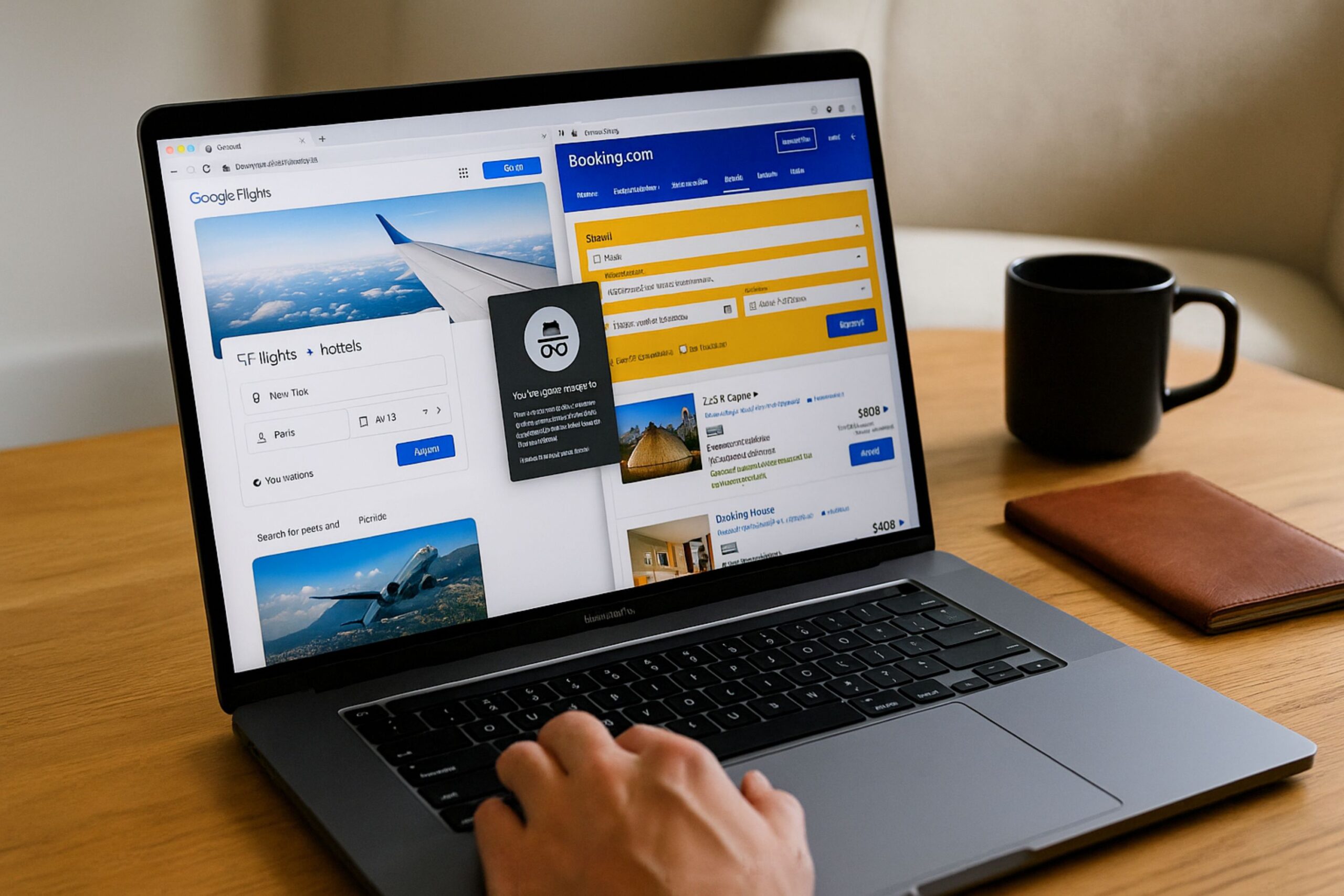Booking tickets online can be confusing with so many terms and notions. Here’s a detailed glossary to help you navigate through the process with ease.
1. E-Ticket: An electronic version of a paper ticket. It’s emailed to you after purchase and can be printed out or stored on your mobile device. It contains all the details of your booking, including your flight number, departure time, and seat number.
2. Booking Reference: A unique code provided after booking. Use it to manage your booking online, check-in for your flight, or make changes to your itinerary. This code is also known as a Record Locator or Confirmation Number.
3. Fare Class: Category of your ticket, such as Economy, Business class, or First Class. It affects the price, seating arrangement, baggage allowance, and in-flight services. Each fare class has its own set of rules and restrictions.
4. PNR (Passenger Name Record): A record in the database of a reservation system. It contains details of the itinerary for a passenger or group of passengers traveling together. This includes personal information, flight details, and special requests.
5. Boarding Pass: A document provided during check-in. It allows you to board the plane and typically includes your seat number, gate information, and boarding time. You can get it online, at a kiosk, or at the check-in counter.
6. Check-In: The process where you confirm your presence on the flight. It can be done online, at a kiosk, or at the airport counter. Online check-in opens 24-48 hours before departure and can save you time at the airport.
7. Layover: A stop between connecting flights. Can be short or overnight, depending on your itinerary. During a layover, you may stay in the airport or leave and return for your next flight.
8. Non-Refundable Ticket: A ticket that cannot be refunded. Changes may incur additional fees, and you might receive a credit for future travel instead of a refund. Always check the fare rules before purchasing.
9. Open-Jaw Ticket: A round-trip ticket where the destination and the return departure city are different. For example, flying from New York to Paris and returning from Rome to New York. Useful for multi-city travel plans.
10. Standby: Waiting for a seat on a flight. Often used when you miss a flight or want an earlier one. Standby passengers are given seats only if there are available spots after all booked passengers have boarded.
11. Direct Flight: A flight with one or more stops but no change of planes. Not necessarily non-stop, as the plane may land to pick up or drop off passengers. However, you remain on the same aircraft for the entire journey.
12. One-Way Ticket: A ticket that allows travel to a destination without a return trip. Useful for flexible travel plans or if you’re unsure of your return date.
13. Round-Trip Ticket: A ticket that includes travel to a destination and back. Often cheaper than buying two one-way tickets. Commonly used for vacation or business trips with a defined schedule.
14. Multi-City Ticket: A ticket that includes travel to multiple cities in one trip. Allows you to visit several destinations without having to book separate tickets for each leg of the journey.
15. Cancellation Fee: A fee charged if you cancel your ticket. It varies by airline and fare type. Some tickets may allow free ticket cancellation within 24 hours of booking. Always read the fare rules before purchasing.
16. Travel Insurance: Insurance that covers various risks like trip cancellations, medical expenses, and lost luggage. It provides peace of mind and financial protection in case of unforeseen events.
17. Visa Requirements: Permissions required to enter a foreign country. Check these before booking to ensure you have the necessary documentation. Some countries require visas to be obtained in advance, while others offer visa-on-arrival.
18. Frequent Flyer Program: A loyalty program that rewards repeat customers with points or miles. These can be redeemed for free flights, upgrades, and other perks. Sign up with your airline to start earning rewards.
19. Seat Selection: Choosing your seat in advance. Some airlines charge extra for this, especially for preferred seats like those with extra legroom or located near the front of the plane. It ensures you get your preferred seating arrangement.
20. Travel Itinerary: A detailed plan of your travel including flights, hotels, and activities. It helps organize your trip and ensures you don’t miss any reservations or connections.
21. Flight Status: The current status of a flight. Can be checked online for updates on delays, cancellations, or gate changes. Always check before heading to the airport to avoid surprises.
22. Bag Allowance: The number and weight of bags allowed. Varies by airline and ticket class. Check your airline’s policy to avoid extra fees for overweight or additional bags.
23. Online Travel Agency (OTA): Websites like Expedia or Booking.com where you can book flights, hotels, and more. They offer price comparisons and package deals, often making it easier to find the best rates.
24. Fare Rules: Terms and conditions associated with a ticket. Includes restrictions, cancellation policies, and change fees. Always review these before purchasing to avoid unexpected charges.
25. Upgrade: Moving to a higher class of service. Often available for a fee or using points from a frequent flyer program. Upgrades can offer more comfort, better service, and additional perks.
Understanding these terms will make your booking tickets online much smoother. Familiarize yourself with this glossary to enhance your travel planning experience.
FAQs
What should I do if I lose my e-ticket?
If you lose your e-ticket, you can usually retrieve it from your email or the airline’s website using your booking reference and personal details. Contact the airline’s customer service if you need further assistance.
How early should I book my tickets to get the best deals?
Booking tickets 6-8 weeks in advance often yields the best prices. However, keep an eye on fare sales and use price comparison tools to monitor fluctuations.
What are the benefits of online check-in?
Online check-in allows you to choose your seat, print your boarding pass, and avoid long lines at the airport. It can also help you save time and reduce stress on the day of travel.
Can I change my flight after booking online?
Yes, most airlines allow changes to your booking online. However, fees may apply depending on the fare rules. Always review the airline’s change and cancellation policies before making modifications.
How can I ensure my travel documents are in order?
Check the entry requirements of your destination country well in advance. Ensure your passport is valid for at least six months beyond your travel dates, and obtain any necessary visas or vaccinations.
What are the risks of booking through an Online Travel Agency (OTA)?
While OTAs can offer great deals, they may have strict cancellation policies and limited customer service. Always read reviews and understand the terms and conditions before booking through an OTA.
How can I track price changes for flights?
Use flight tracking tools and apps to monitor fare changes. Set up alerts for your preferred routes to receive notifications when prices drop, helping you secure the best deals.



